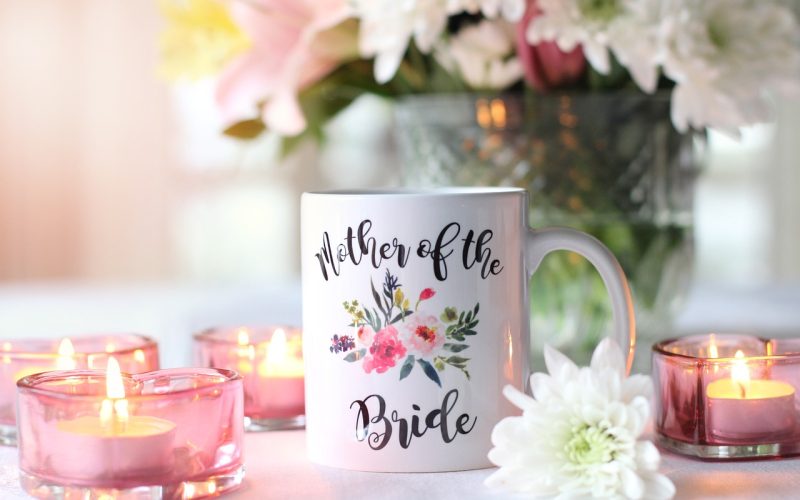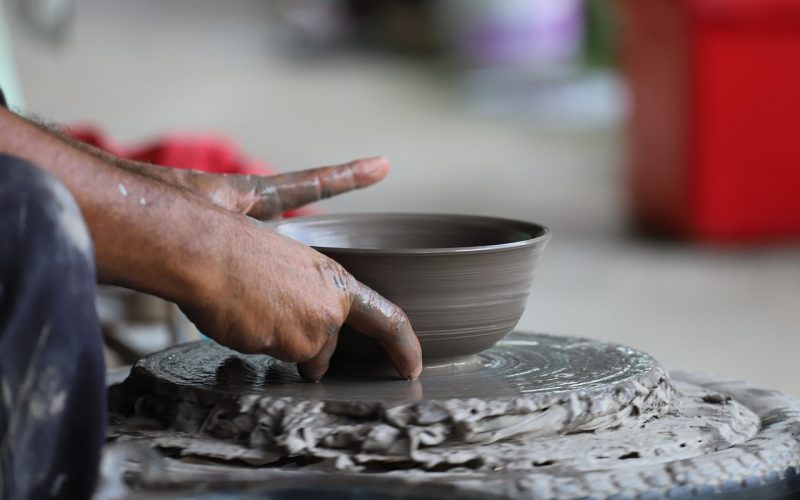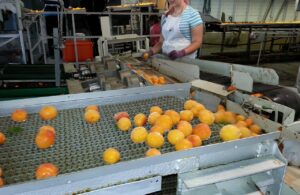The Fall Of Giant Pottery Companies
Pottery has been a cherished craft for centuries, with companies like Wedgewood and Royal Daulton at the forefront of this industry. However, in recent years, these iconic brands have faced significant challenges that have led to a decline in their traditional trade.
The rise and fall of pottery giants
Wedgewood and Royal Daulton have long been synonymous with exquisite craftsmanship and timeless designs. Founded in the 18th and 19th centuries, respectively, these brands built their reputations on producing fine china and collectable ceramics that adorned the tables of the wealthy and royal households. For decades, their products were considered symbols of status and elegance, enjoyed by connoisseurs and collectors worldwide.
Despite their illustrious histories, these pottery companies have not been immune to the changing tides of consumer preferences and economic pressures. The decline in demand for traditional tableware, combined with increased competition from cheaper mass-produced alternatives, has contributed to a challenging business environment for these manufacturers. The global recession of the late 2000s further exacerbated these difficulties, leading to reduced sales and financial instability for many traditional pottery firms.
Impact of changing consumer preferences
One of the primary factors contributing to the decline of pottery companies like Wedgewood and Royal Daulton is the shift in consumer preferences. The modern consumer values practicality and affordability over luxury and tradition, leading to a decreased demand for expensive, high-end ceramics. Additionally, the rise of minimalist and contemporary design trends has shifted interest away from the ornate and intricate styles that these brands are known for.
Younger generations, in particular, have gravitated towards alternative materials and innovative designs that better suit their lifestyles and aesthetics. This trend has left traditional pottery companies struggling to capture the attention of a new audience, necessitating a re-evaluation of their product offerings and marketing strategies.
Efforts to adapt and survive
In response to these challenges, Wedgewood and Royal Daulton have taken steps to adapt their businesses and remain relevant in an evolving market. Both brands have diversified their product lines, incorporating modern designs and collaborations with contemporary designers to appeal to younger consumers. They have also expanded their reach through online platforms and partnerships with lifestyle retailers to broaden their customer base.
Furthermore, these companies have focused on preserving their heritage and craftsmanship by highlighting the artisanal aspects of their production processes. By emphasising the quality and artistry behind each piece, they aim to differentiate themselves from mass-produced alternatives and maintain a loyal customer base.
Challenges in modernising production
While efforts to modernise their product lines and marketing strategies have shown some promise, pottery companies face significant challenges in updating their production processes. Traditional methods of pottery making are time-consuming and labour-intensive, making it difficult for these companies to compete with the efficiency and cost-effectiveness of modern manufacturing techniques.
Investing in new technologies and streamlining production is essential for these brands to remain competitive. However, this can be a costly and resource-intensive process, particularly for companies with long-established traditions and practices. Balancing the need for innovation with the preservation of heritage and craftsmanship remains a delicate task for these pottery giants.
The role of sustainability and ethical production
Sustainability and ethical production have become increasingly important factors for consumers and businesses alike. Pottery companies like Wedgewood and Royal Daulton have recognised the importance of incorporating sustainable practices into their operations to appeal to environmentally-conscious consumers and improve their brand image.
These efforts include sourcing raw materials responsibly, reducing waste and energy consumption, and implementing environmentally-friendly production techniques. By prioritising sustainability, these companies can not only reduce their environmental impact but also attract a growing demographic of eco-conscious consumers who value ethical and sustainable products.
The future of traditional pottery
The future of traditional pottery companies like Wedgewood and Royal Daulton remains uncertain as they continue to grapple with the challenges of a changing market. However, their rich heritage and commitment to quality craftsmanship provide a strong foundation for potential success in the modern era.
By staying attuned to consumer preferences, investing in innovation, and prioritising sustainability, these iconic brands can carve out a niche in the competitive landscape. While the trade may be dying, the artistry and legacy of pottery will continue to endure, driven by companies that adapt and evolve with the times.

















